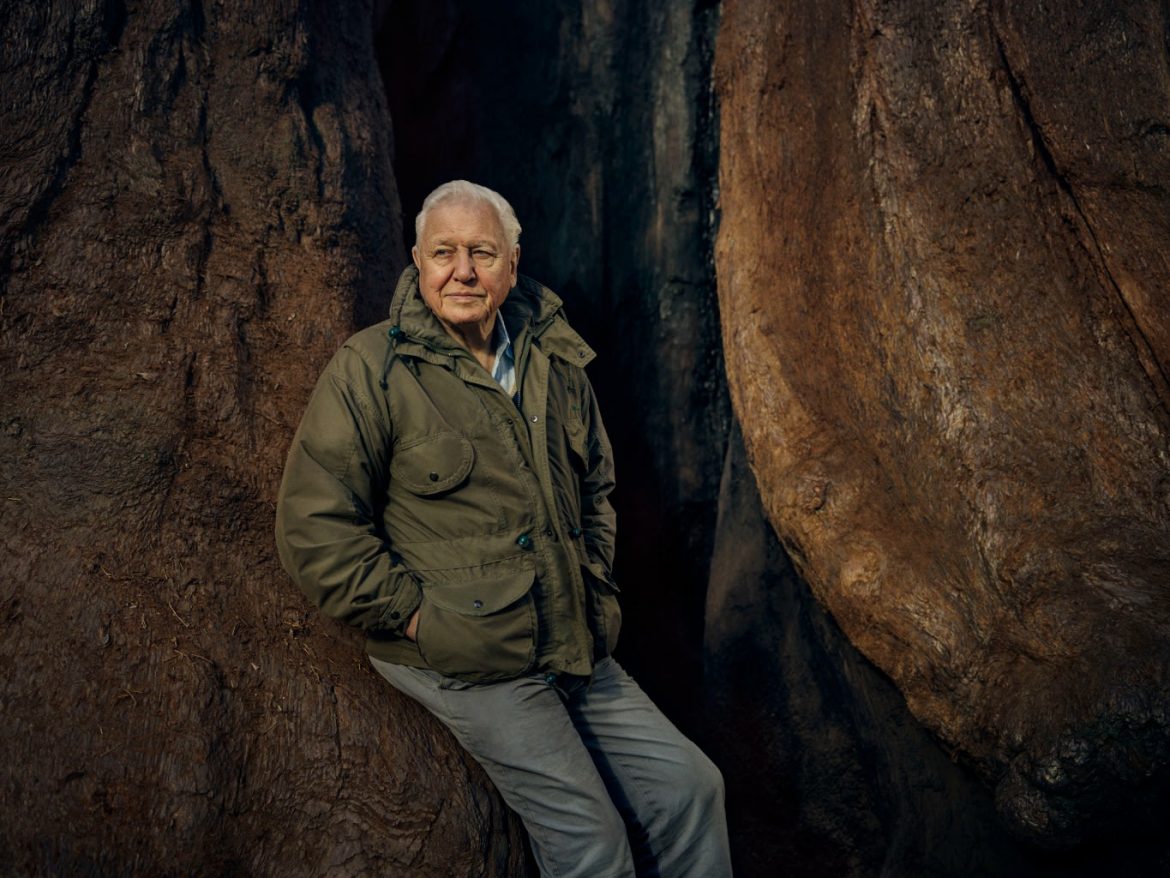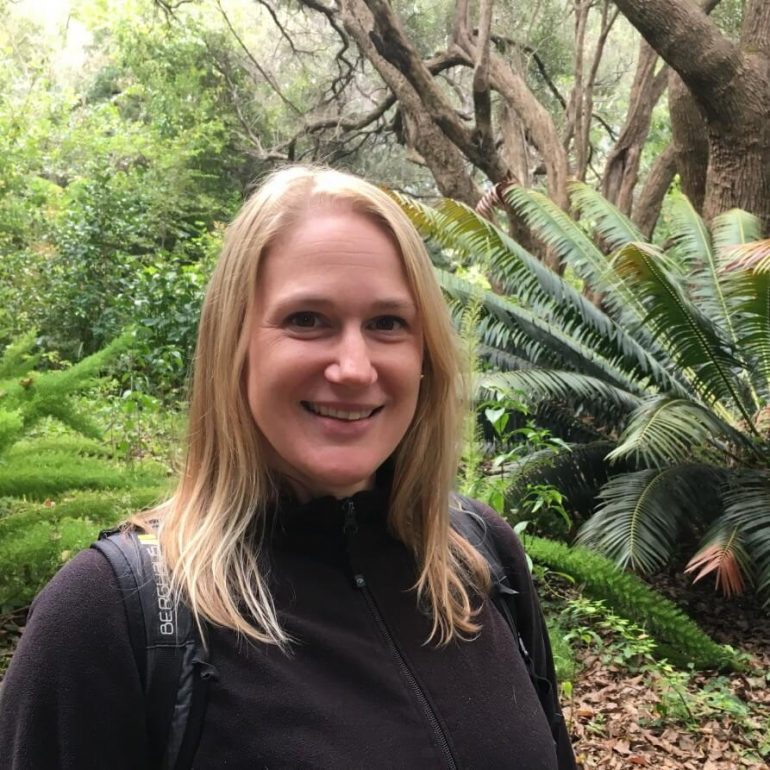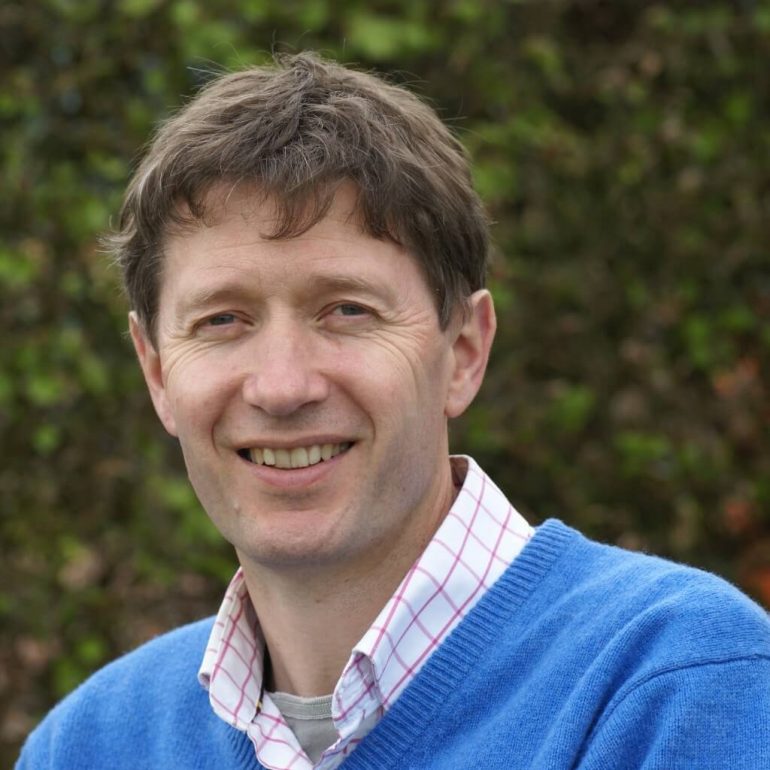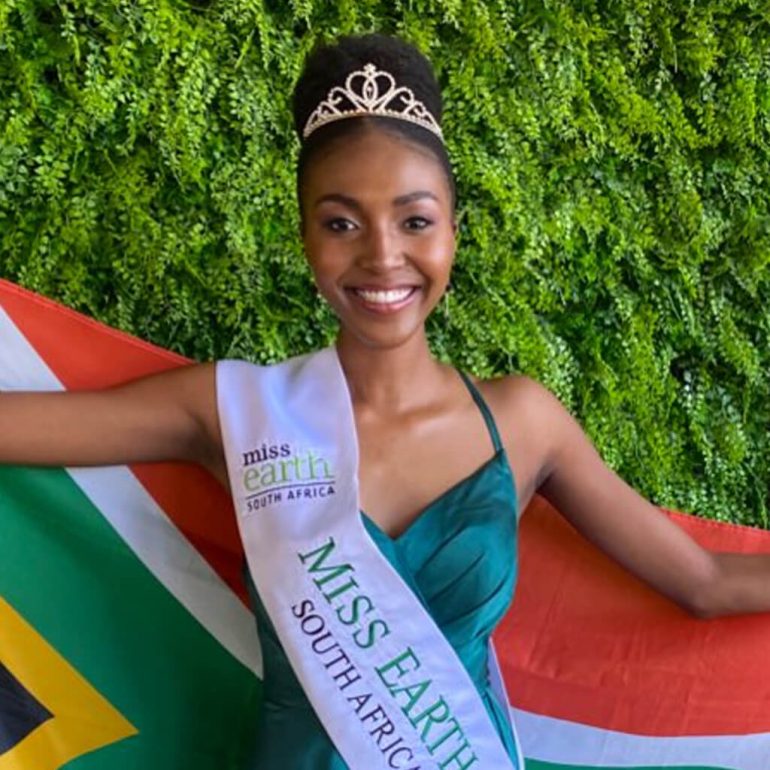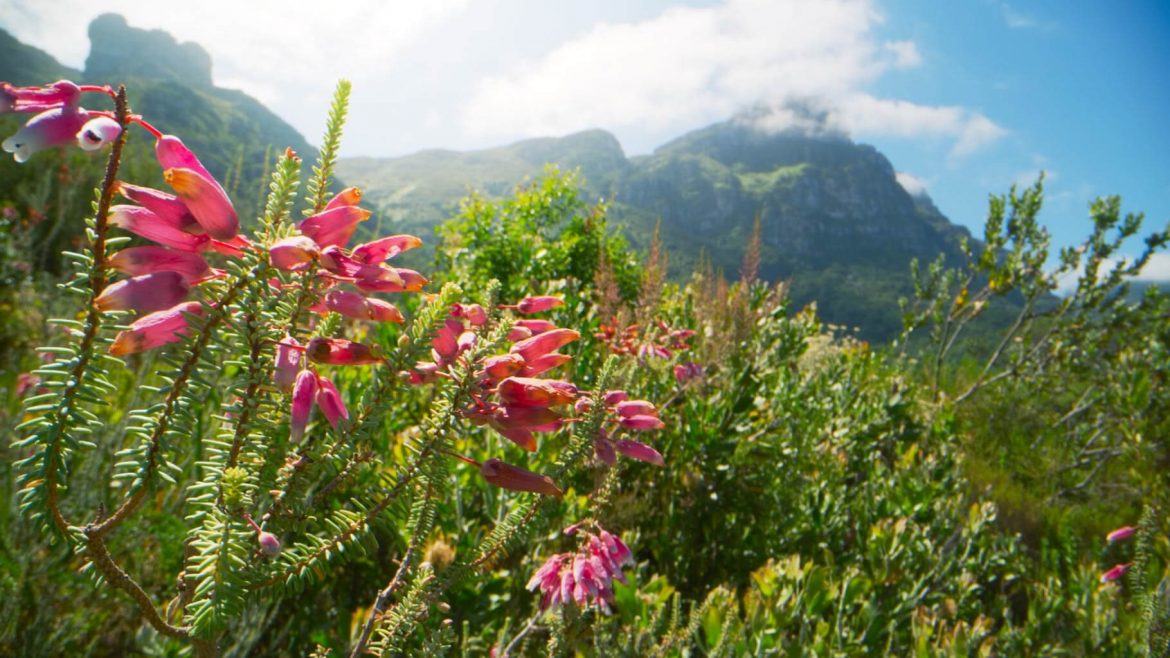
THE GREEN PLANET REVEALS THE STRANGE AND WONDERFUL WORLD OF PLANTS LIKE NEVER BEFORE
This exclusive virtual event takes you behind the scenes with inspiring stories from Series Producer Rupert Barrington and Producer Rosie Thomas.
Tuesday 1st February, 11:00 – 12:00 CAT
The hour session will include a Q&A with Rupert and Rosie.
This will be followed by an audience Q&A.
Hosted by Nompumelelo Maduna, Miss Earth SA 2021.
Rosie Thomas produced Episode 3 – Seasonal Worlds – which features South Africa so make sure you have your questions ready!
Please contact your DStv Media Sales Representative for an invitation.




